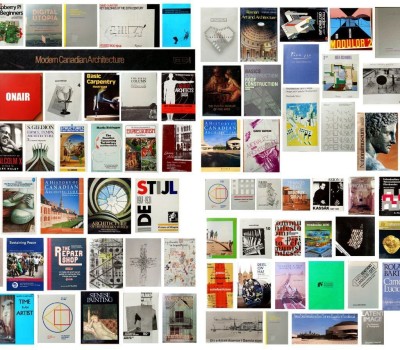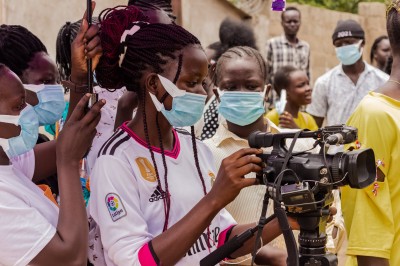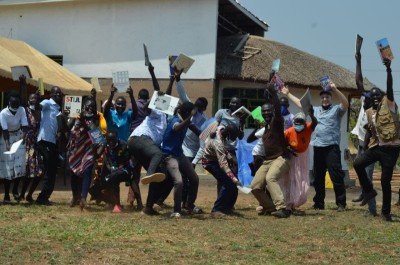Open Educational Resources (OER)
Open Educational Resources (OER) empower individuals and communities to build on existing knowledge, exchange practical skills, and co-create tools for real-world challenges. Access to open knowledge gives everyone an equal chance to learn, adapt, and share ideas that can change lives.
In the #ASKnet context, open learning is more than access, it’s about transforming knowledge into action through collaboration, creativity, and collective resilience.
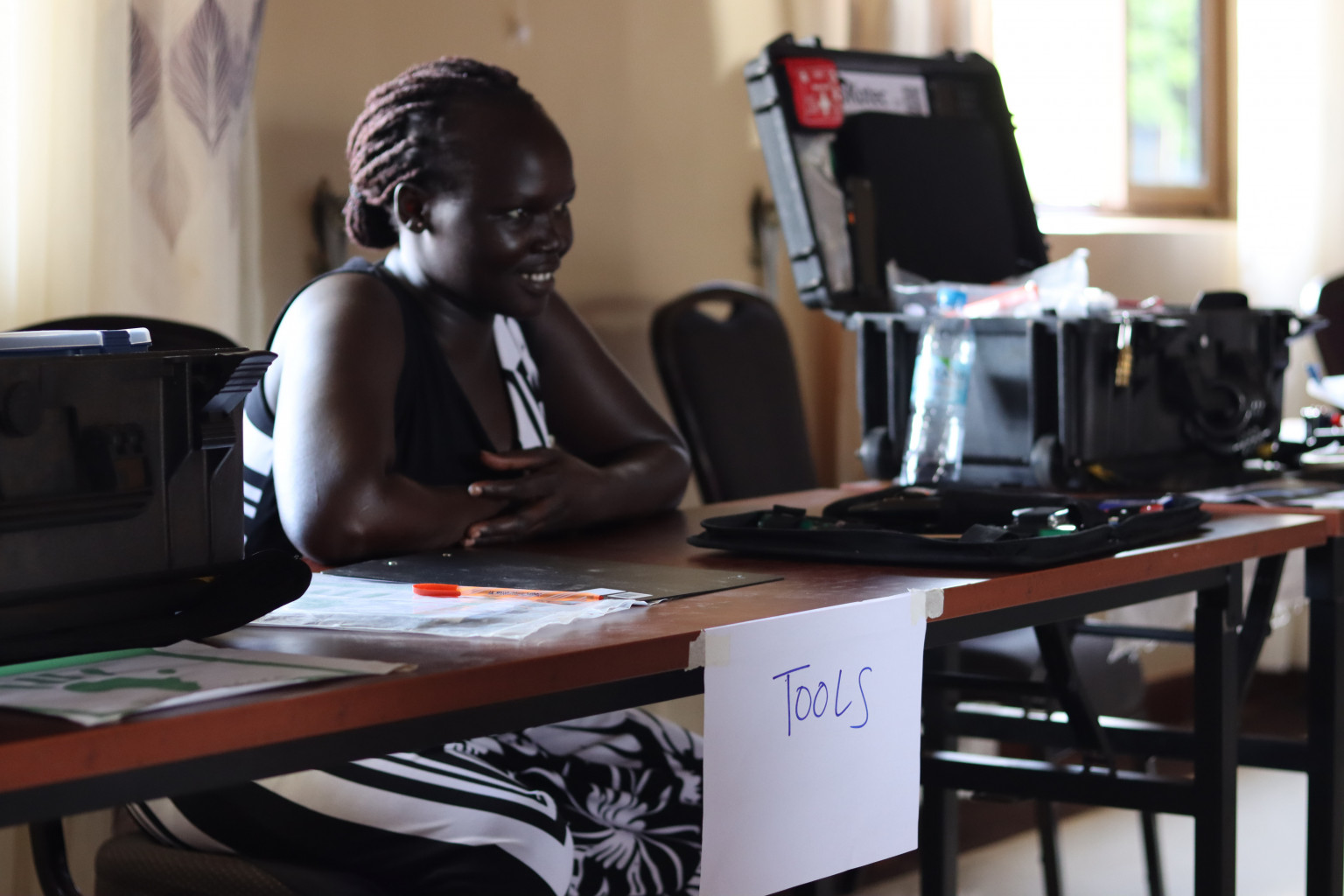
The ability to access reliable, usable Open Educational Resources gives everyone an equal chance to learn. This empowers individuals and communities to build on existing knowledge, share skills that can overcome challenges, and create collaborative resources to solve problems.
Key reasons OER are important:
- Accessibility & Equity: They lower barriers caused by cost, geography, or closed copyright, especially crucial for remote, rural, refugee, and displaced learners.
- Adaptability & Relevance: Materials can be adapted to local contexts—language, culture, immediate community needs.
- Collaboration & Innovation: Different educators and learners can share, remix, and improve resources—thus speeding up innovation in pedagogy and content.
- Sustainability: OER helps reduce dependence on expensive textbooks and proprietary content, bringing long-term cost savings.
The magic of Open Knowledge is that it can be freely accessed by (almost) anyone, (almost) anywhere (*with access to the internet). There are no institutional gatekeepers, no exams or expensive student fees, you won’t get into debt to study, and you can tailor the courses you choose, to learn in order to suit your own needs and educational context.
Breaking knowledge free from behind locked paywalls or tied to an institution, OER invite us to join a commons of ideas. They create a global library where people contribute to knowledge, and reimagine it as collaborative, flexible, and responsive to local needs.
“If ‘knowledge’ is power, ‘open knowledge’ is empowerment…”
— Dr. Rufus Pollock
https://rufuspollock.com/
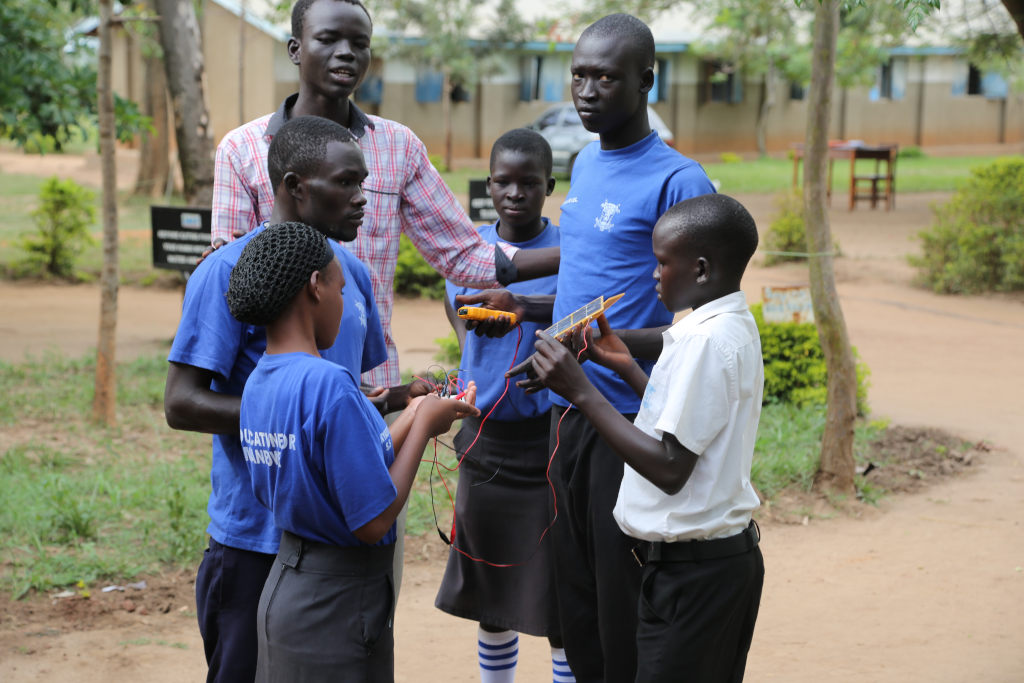
The dissolving of hierarchies around information and access to knowledge are key to Open Educational Resources, as this means that peer-to-peer learning and decolonising the process of sharing knowledge without limits are embedded into the OER framework.
Guidelines & existing regulations include:
- The UNESCO 2019 OER Recommendation, which many countries are beginning to embed into policy. (UNESCO)
- Open licensing norms (Creative Commons, etc.), ensuring clarity on what is allowed (reuse, remix, adaptation) and what isn’t.
- Best practices for design: accessibility (for visually impaired, etc.), readability, open formats, community review.
An example of open learning can be seen in the story of George Mel, the passionate self taught aeroplane engineer from South Sudan who realised his dream of learning to fly.
On the tail of his first aircraft he has painted the South Sudanese flag, along with the words: “We have a future”. BBC: George Mel
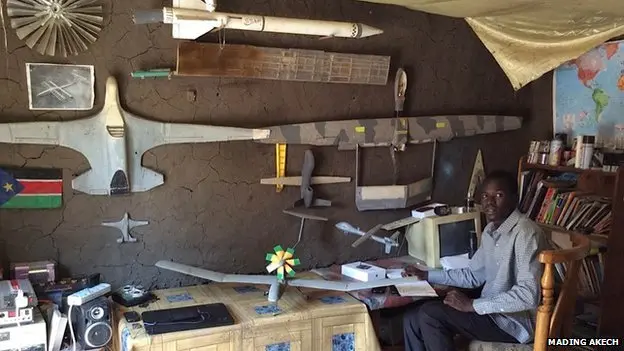
Looking to the future, OER remind us that education does not only happen in formal classrooms or expensive universities. For many, especially in regions where access is limited by cost, geography, or connectivity, the real classroom is the community itself.
Here, knowledge grows in conversations with elders, in the exchange of local practices, in the blending of traditional wisdom with modern skills. OER provide the frameworks and tools to collate and circulate this knowledge, ensuring it remains open, adaptable, and relevant to those who need it most, especially in resource limited or conflict contexts.
This is why OER matter in the #ASKtraining context. They are not only about sharing knowledge, but about strengthening agency. They help individuals and communities claim the power to teach, learn, and create on their own terms. They invite us to think of education as collective resilience, as innovation rooted in culture, moving into a future where learning is a shared right for all humanity, and being able to learn new skills brings communities together and creates new perspectives to solve urgent problems.
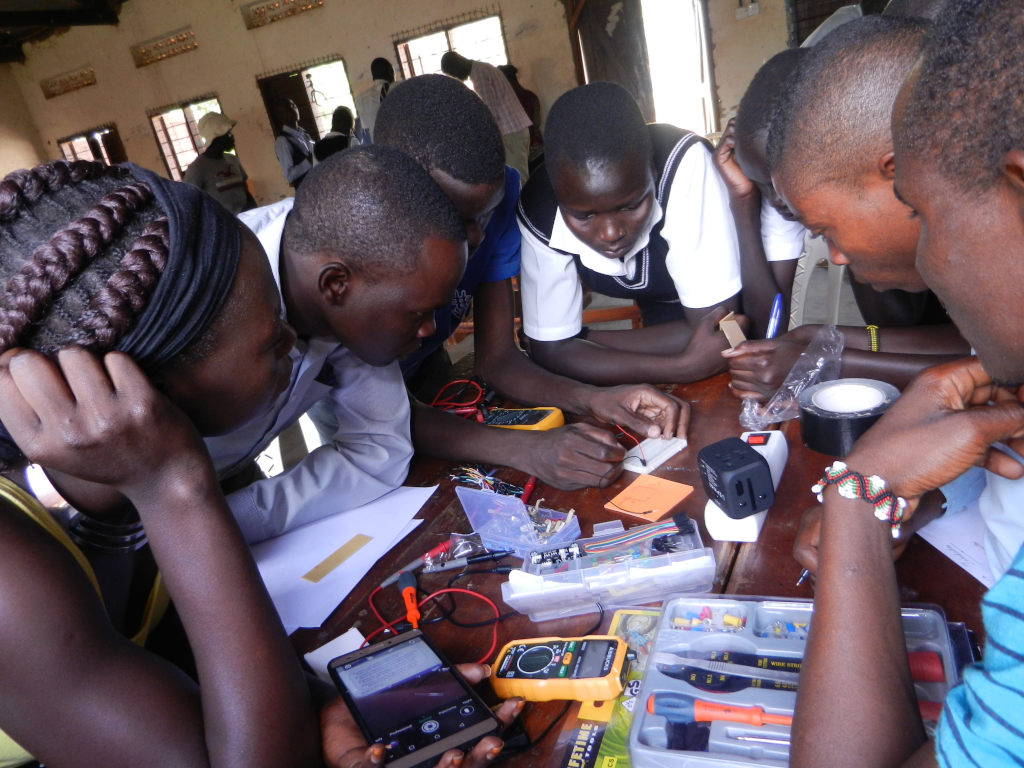
Resource Box
Open Knowledge Foundation
‘Open knowledge’ is any content, information, or data that people are free to use, re-use, and redistribute.
Visit‘The Tech We Want | Read This Before You Build’
A field guide by the Open Knowledge Foundation encouraging responsible and human-centered approaches to building technology.
VisitOpen Hardware Foundation
The OpenHW community brings together hardware and software designers to create open source core designs and related IP, tools, and software for commercial and academic use.
VisitTolocar Playbook
Supports both emergency relief activities and the development of a participatory innovation ecosystem, an example from Ukraine.
VisitOpen Data Handbook
The ‘what, why, and how’ of open data — guides, case studies, and resources for governments and civil society on the legal, social, and technical aspects of open data.
VisitarXiv
A free distribution service and open-access archive hosting over 2.4 million scholarly articles.
Visit